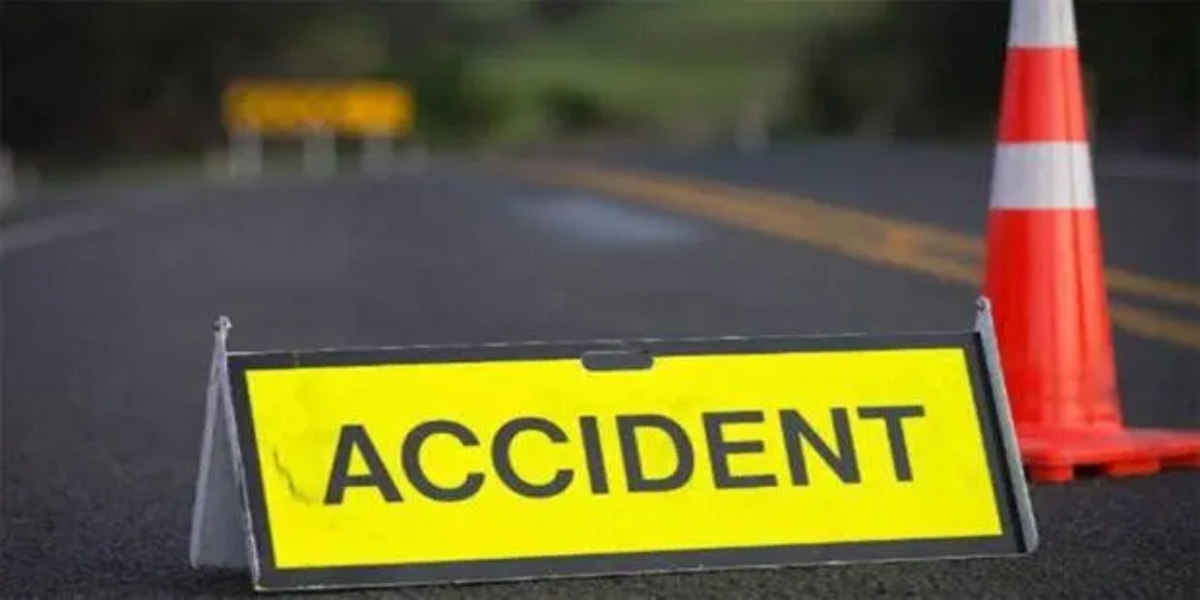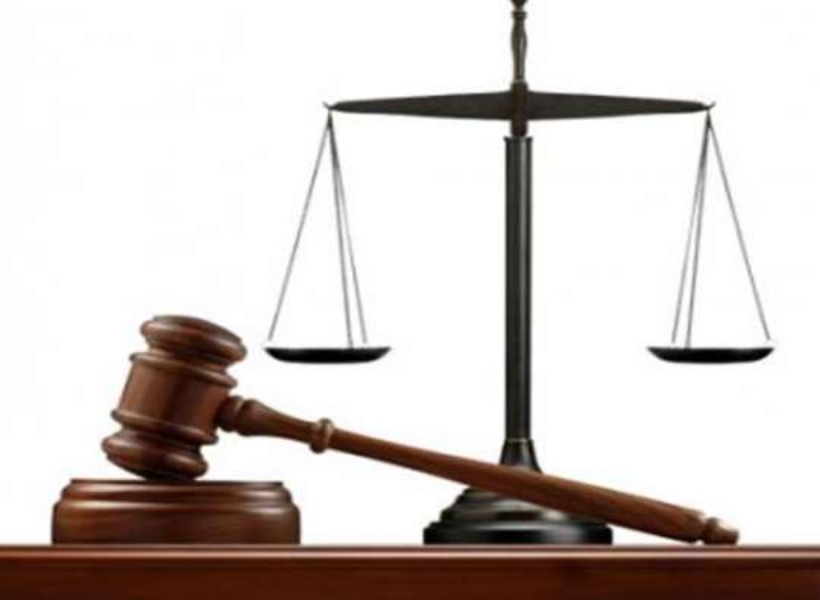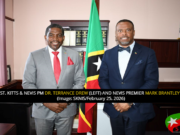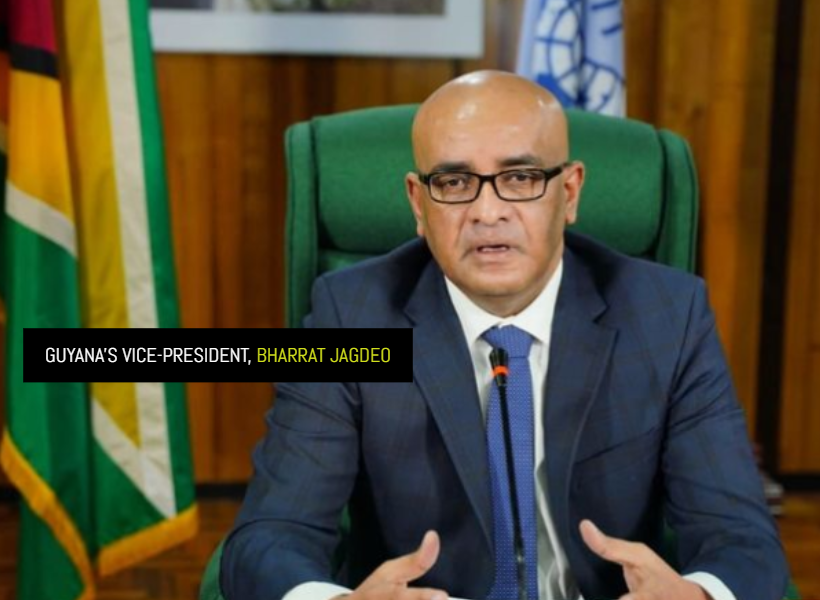Vice President, Dr. Bharrat Jagdeo said on Thursday that it should come as no surprise to anyone if Venezuela’s upcoming referendum to claim the Essequibo region receives support from its citizens. Dr. Jagdeo said this is expected since many Venezuelans have been brainwashed for decades to believe the preposterous falsehood that Venezuela has some rightful claim to Essequibo. The indisputable fact however is that the Essequibo region has been part of Guyana’s territory since the Arbitral award in October 1899.
During a press engagement at Office of the President, the Vice President questioned the credibility of a potential victory in the referendum, considering the persistent false narratives fed to the Venezuelan population. He emphasized the impact of years of deceptive teachings, suggesting that people may erroneously support territorial claims due to ingrained falsehoods.
“What sort of victory will you get at a referendum? You’ve been telling people this falsely? You’ve been lying to them over the years. What do you expect them to do? They will say yes, that this is part of our country. Because you’ve been teaching them this lie for all the years,” Jagdeo said.
Even as Guyana awaits the ruling on provisional measures from the International Court of Justice (ICJ), set to be released before the referendum is held on December 3, Venezuela has already expressed its intent to proceed with the matter.
In a recent ICJ public hearing, Guyana requested five provisional measures to remain in effect until the court reaches a judgment in the overarching border controversy case. These requested measures include a halt to Venezuela’s referendum in its current form, specifically excluding certain questions that encroach upon legal issues to be determined by the court. The measures also call for Venezuela to refrain from actions that might prepare or allow the exercise of sovereignty over territory awarded to British Guyana in the 1899 Arbitral Award.
For the planned referendum, Venezuela’s National Assembly proposed five questions, with the first, third, and fifth seeking support for actions such as rejecting the 1899 arbitral award, annexing the Essequibo region, and incorporating it into Venezuela as a new state. This includes granting Venezuelan citizenship and national identity cards to the population.







